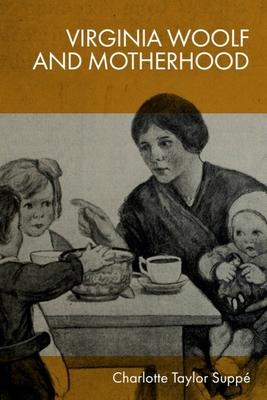Motherhood is a recurrent theme in Virginia Woolf's writing yet Woolf scholarship has often overlooked this dynamic subject. Exploring how Woolf engaged with themes of motherhood as a socially and politically motivated writer and a woman, this book grounds her work in the maternal discourses of her time. By reading Woolf's texts in dialogue with contemporary writing, socio-political events and medical and scientific advances, Virginia Woolf and Motherhood establishes the significance of maternity across Woolf's oeuvre and exposes how public and personal matters of motherhood informed the links she drew between maternity, femininity, self-worth and artistry. With novel analysis of Woolf's writing on war, eugenics, food and psychoanalysis, Charlotte Taylor Supp demonstrates the substantive influence maternal discourses had on shaping Woolf's feminism, political beliefs and creative practices.

Motherhood is a recurrent theme in Virginia Woolf's writing yet Woolf scholarship has often overlooked this dynamic subject. Exploring how Woolf engaged with themes of motherhood as a socially and politically motivated writer and a woman, this book grounds her work in the maternal discourses of her time. By reading Woolf's texts in dialogue with contemporary writing, socio-political events and medical and scientific advances, Virginia Woolf and Motherhood establishes the significance of maternity across Woolf's oeuvre and exposes how public and personal matters of motherhood informed the links she drew between maternity, femininity, self-worth and artistry. With novel analysis of Woolf's writing on war, eugenics, food and psychoanalysis, Charlotte Taylor Supp demonstrates the substantive influence maternal discourses had on shaping Woolf's feminism, political beliefs and creative practices.